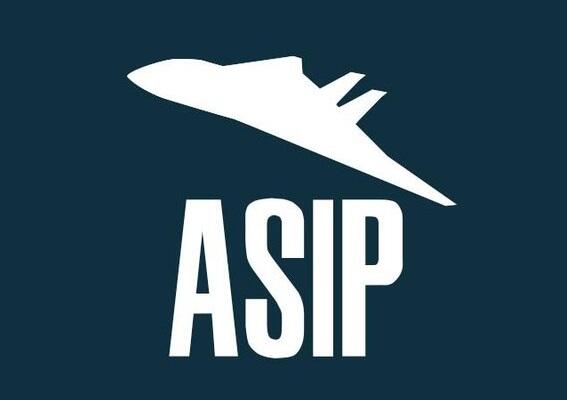Aircraft Structural Integrity Program (ASIP) Conference
Austin, TX
United States

SwRI will be exhibiting at the ASIP Conference, booth no. 20.
Southwest Research Institute® (SwRI®) is an independent, nonprofit, applied research and development organization that has supported Aircraft Structural Integrity Programs for more than 40 years. Our work in the field spans the entire range of ASIP tasks including in-flight recording of aircraft loads; static strength, finite element, and damage tolerance analysis; inspection and repair option development; corrosion prevention and control; and developing the digital thread processes to document all of that for the fleet. We provide a complete range of testing, such as detailed metallurgy and fractography, material property tests, and full-scale aircraft static and fatigue tests. We also lead development of NASGRO®, the most widely used fatigue crack growth software in the world, which includes fracture mechanics models for more than 100 different structural configurations. Our array of ASIP engineering services supports all types of aircraft structures and landing gear.
Monday, December 1
8:30 a.m. - 12:30 p.m.
Session Type: Training
“Building a Damage Findings Database using NLign Software Suite,” Martin Raming
1:00 p.m. - 5:00 p.m.
Session Type: Training
“Practical Risk Analysis Using PROF,” Laura Hunt and Marcus Stanfield
This is a training course for the structural risk analysis software PROF. PROF is used by the USAF to compute probabilities of failure for aircraft structure.
4:30 p.m. - 7:00 p.m.
Session Type: Poster
“Failure Analysis of T-38 Stators from the Brake Assembly,” Mirella Vargas
Wednesday, December 3
2:00 p.m. – 2:30 p.m.
Session Type: Technical
“EIDS Needs: How NDI Material Variability and Limited Data Can Affect Risk Analysis,” Laura Hunt
This session will cover how the uncertainties encountered when building the equivalent initial damage size distribution (crack size, material variability, and limited data) can affect risk analysis results.
Thursday, December 4
8:30 a.m. - 9:00 a.m.
Session Type: Technical
“Damage Tolerance of Interference-Fit Fasteners under Fatigue Loading,” Marcus Stanfield
This session presents a four-phase validation program quantifying the fatigue and damage tolerance benefits of interference-fit fasteners in aircraft structures. Experimental testing, digital image correlation, and nonlinear finite element modeling are combined to characterize residual stresses, strain redistribution, and crack growth behavior under various loading and interference conditions. Results provide a validated analytical framework for incorporating interference-fit benefits into damage tolerance assessments of legacy airframes.
For more information, please contact Luciano Smith.
